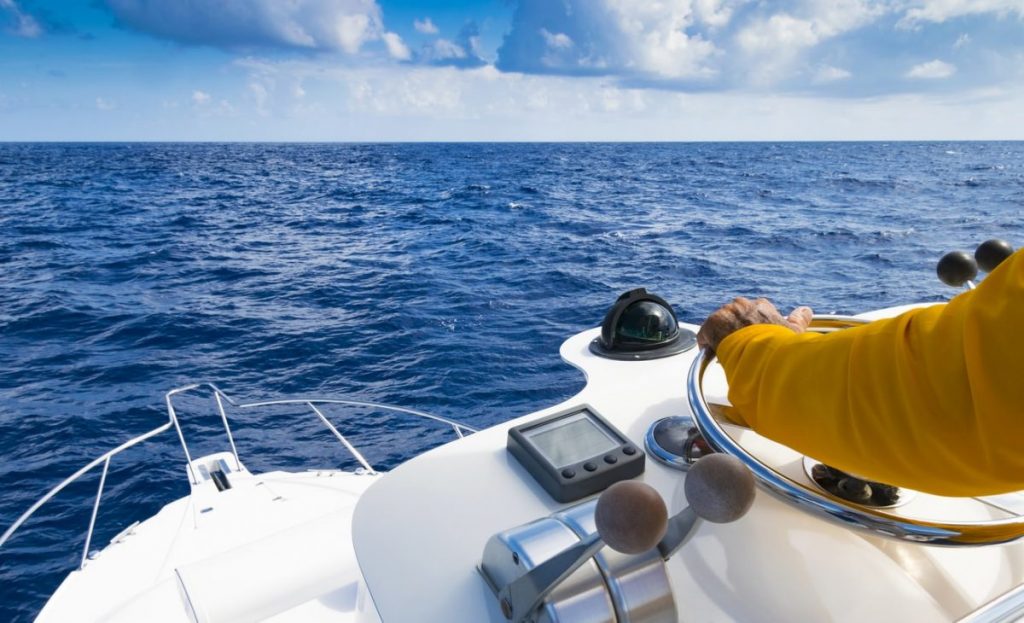In 2013, United States Coast Guard data found 17,801 cases of search and rescue. As far as recreational accidents go, there were 4,064 of them in 2014. Why are so many people getting into accidents on the sea?
While no one wants to consider the worst case scenario while enjoying time on their boat, it’s a great idea to plan ahead with what boaters call a “float plan”. A necessity for any boating party, a float plan ensures that if something goes wrong, someone’s going to come looking for you.
Float plans aren’t exactly a requirement of any marina. You’re welcome to set out on the water without any plan in place, and you won’t be penalized. However, having one in place means that you’re having someone reliable keep in touch with you while on your trip. Are you willing to take the risk without one?
Any type of boat should have this kind of backup while out on the water if you want to play it safe. It doesn’t matter if your boat is expensive or not; keeping yourself and your passengers safe is the ultimate goal. Here’s a closer look at float plans, why they’re important, and how you can put one together before your next trip.
Who Needs a Float Plan While on the Water?
Emergencies happen for everybody, and you can never be too careful. Let’s say that you end up getting lost, or stranded. Without a float plan, no one’s going to know the crucial details needed in order to rescue you. Information is everything. Those that should consider creating a float plan include, according to USCG:
- Hunters
- Sport fisherman
- Kayakers
- Water Skiers
- Jet skiers
- Family day cruisers
- Private charter boat services
- Canoeists
- Rafters
- Rowers
- Power boaters
- Sail boaters
Whether you’re using your boat for sport, all-day leisure, for speed or travel, having a float plan is going to be that thin line connecting you to the mainland.
What Information Should a Float Plan Contain?
A float plan is sounding like a pretty good idea at this point. But how exactly does a float plan work? BoaterExam.com breaks down what goes into a float plan below:
- Name, description and information about owner/operator
- Safety equipment on board
- Vessel information: size, type, color, engine, etc.
- Name, description and info of passengers
- Trip details: departure date, return date, destination, proposed route, stops along the way, etc.
Once you’ve written your float plan, it’s time to entrust someone reliable with it. That way the authorities will be contacted in the event that you haven’t been found. The next step is figuring out how to file the plan itself.
How Should I File My Float Plan?
A family member, a friend or a local marina are all great places to leave a float plan around. So if a storm or some other emergency situation happens, someone responsible can get the authorities involved as soon as possible. This can make the difference between life and death.
If you don’t put together a physical float plan, make sure you always let someone know where you’re going before taking off boating. Safety is key. No one wants to think about filing a boat insurance claim. Or worse. So take some preparation and design a float plan before heading out onto the water.
It’s not likely that you’ll face an emergency situation on your average boating trip, but you never want to set out without being fully prepared. In addition to creating your float plan and establishing safety procedures for your trip, make sure that you, your boat, and your passengers will be protected by a Boat Insurance policy.
About Mariners Insurance
Mariners General Insurance Group was founded in 1959 to protect boat owners and marine business clients. We are marine insurance experts and insure boats worldwide – in every ocean on the planet. Marine insurance is critical if you own a boat or nautical business. Trust the professionals with all of your Boat Insurance needs – trust Mariners Insurance. Call us at (800) 992-4443 any time you have questions or concerns about insurance for your vessel or marine business.



